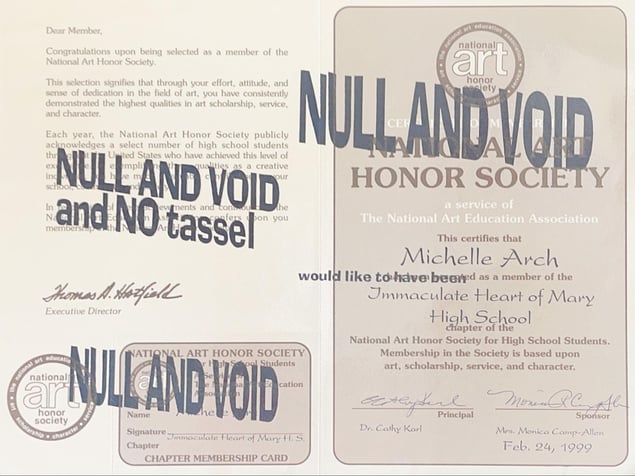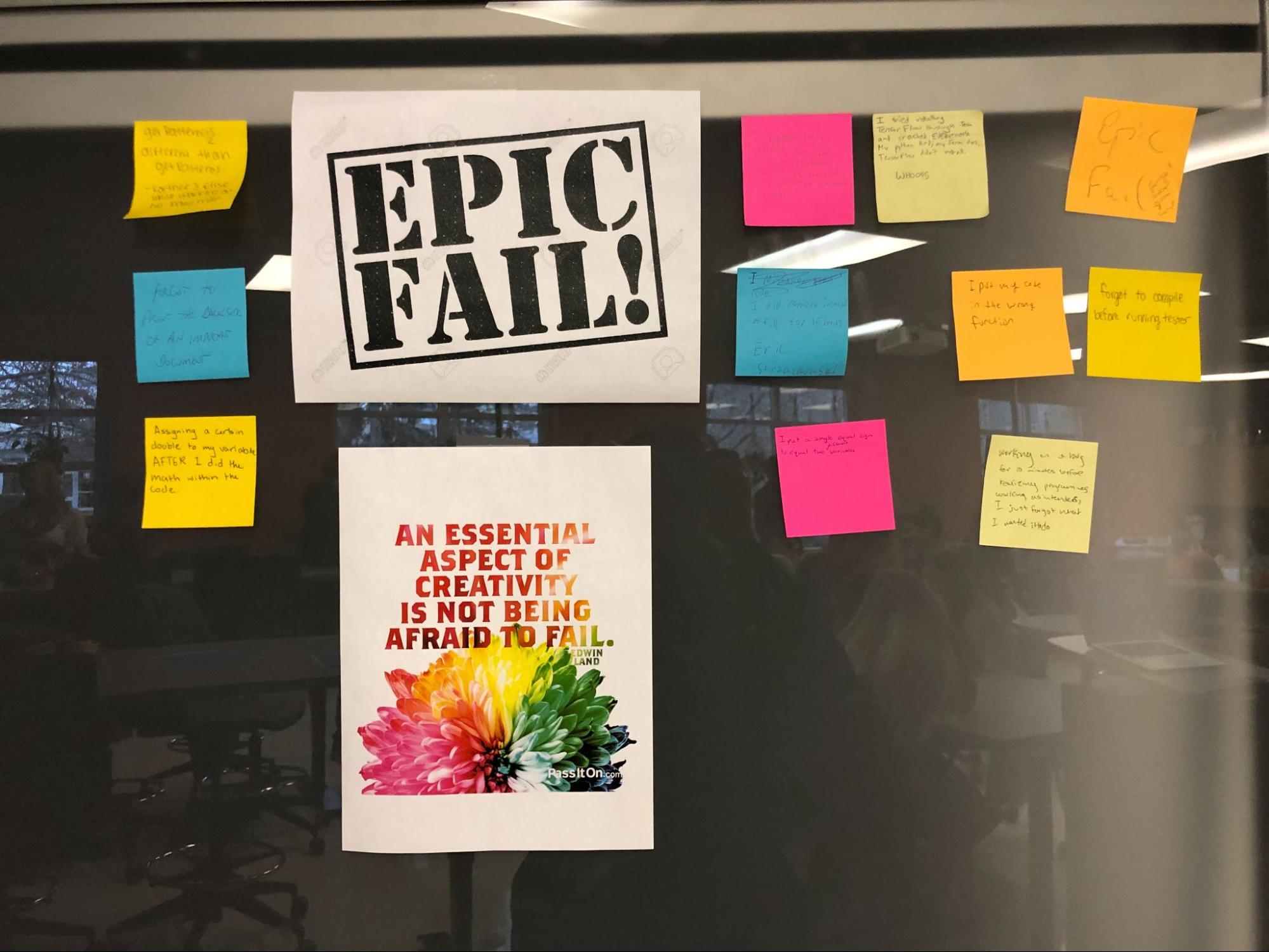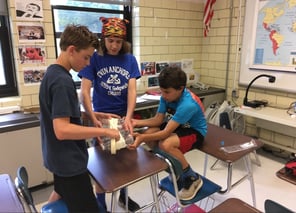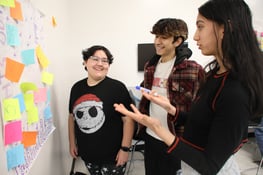 In high school, I always said I wasn’t creative. I couldn’t draw or paint. I could barely match my clothes. Creativity lived in the art department, and I only lived in the art room for twenty minutes each day for homeroom. It was so ingrained in me that my homeroom teacher (the art teacher) and I joked about me being an honorary member of the National Art Honor Society (see certificate!). It was laughable that I would be a real member.
In high school, I always said I wasn’t creative. I couldn’t draw or paint. I could barely match my clothes. Creativity lived in the art department, and I only lived in the art room for twenty minutes each day for homeroom. It was so ingrained in me that my homeroom teacher (the art teacher) and I joked about me being an honorary member of the National Art Honor Society (see certificate!). It was laughable that I would be a real member.

What high school Michelle didn’t know is that her future self would own a small business as … wait for it … a designer. How is this possible? Remember, I am not creative. Or am I? Are we all?
What is creativity?
World Creativity and Innovation Day (WCID) claims that “everything you do can be a creative act.” It’s about disrupting your norm and being curious. Wow. That is equally paralyzing and liberating, isn’t it? And how do you teach something so expansive? Our job as educators is not to prepare students for something; we must prepare students for anything and creativity does just that.
Entrepreneurship education is more widely understood these days as a way to teach hard and soft skills or 'durable skills.' It happens to be a great framework for teaching creativity because creativity is inherent to every step of the entrepreneurial journey. For more on this, we turn to Jim Friedman, White Family Associate Clinical Professor of Creativity & Entrepreneurship at Miami University Altman Institute for Entrepreneurship, to share some direction:
1. Model the Way
As educators, we typically find ourselves wanting to well, educate. If a student has a question, we want to give them an answer. Instead of answering or validating students' questions, model active learning and encourage them to follow their curiosity. Challenge them to go out and find the answer.
2. Let Them Fail
Each time something doesn’t work out as planned is a step closer to greatness. There are new things to be learned and tried. However, many don’t view failure this way. As educators, we have to retrain the brain to see failure for what it is: new opportunity. Have students share what they learned from their failures and share what they will do differently going forward. In the MobileMakersedu program, teachers create a Fail Wall where they celebrate student failure and collect knowledge gained due to a failure/mistake. Regardless, it gives students a safe place to explore this mindset.

3. Let them surprise you
 As teachers, we don’t always see the possibilities as our students do. Encourage and support students even when they pursue a direction you don’t understand. If we want to raise innovators, we must let them pivot, learn, push, and explore. This exploration helps them strengthen their natural skills, develop new ones, and have fun in the process—and middle school is a great time for this.
As teachers, we don’t always see the possibilities as our students do. Encourage and support students even when they pursue a direction you don’t understand. If we want to raise innovators, we must let them pivot, learn, push, and explore. This exploration helps them strengthen their natural skills, develop new ones, and have fun in the process—and middle school is a great time for this.
4. Explore what aggravates
Entrepreneurs seek out and observe what problems others are having and what aggravates them, using creativity to solve the problems they uncover. In INCubatoredu, we offer an assignment called a Bug List. Have your students observe a situation and write down all problems they see. This is where learning gets personal and purposeful.
Entrepreneurship and Creativity
How does entrepreneurship specifically build creative capacity? Karen Bartuch offers, "Entrepreneurs build creative capacity with curiosity, and entrepreneurs are good at recognizing opportunities and solving problems. If you are constantly questioning and seeking to understand, you will find problems that need solving or things that can be done better. Also, entrepreneurs have to realize that being told 'no' is part of the game and not a reflection of their creative ability. Over time, entrepreneurs learn to persevere despite being told 'no'.”
 The WCIW encourages the constant practice of creativity, which is why they created—and Uncharted Learning participates in—World Creativity and Innovation Day. They believe “practicing creativity will bring creative confidence, and with creative confidence will come your ability to look at problems as opportunities.”
The WCIW encourages the constant practice of creativity, which is why they created—and Uncharted Learning participates in—World Creativity and Innovation Day. They believe “practicing creativity will bring creative confidence, and with creative confidence will come your ability to look at problems as opportunities.”